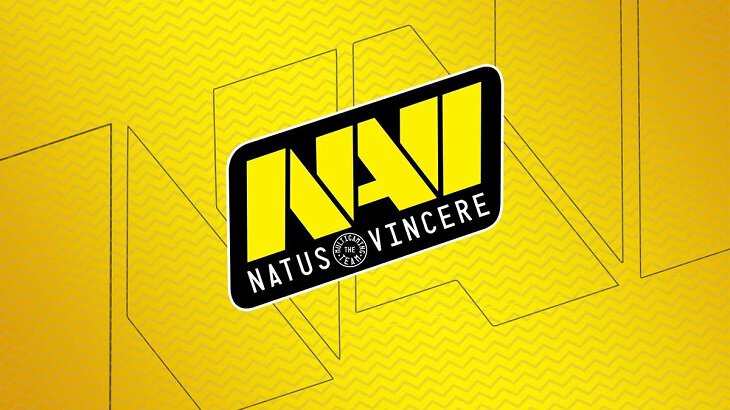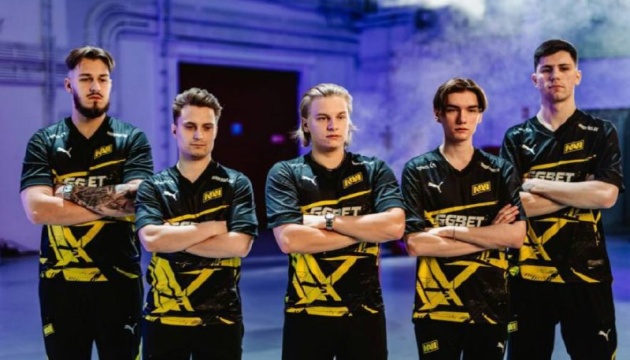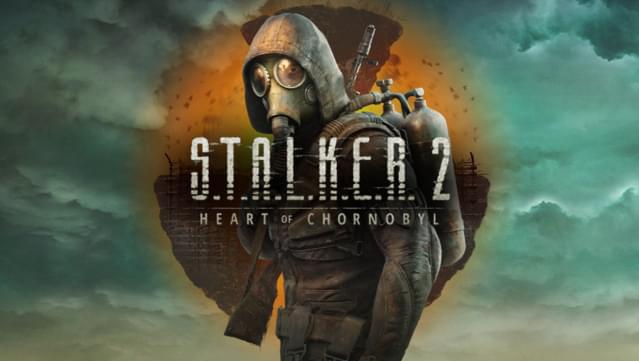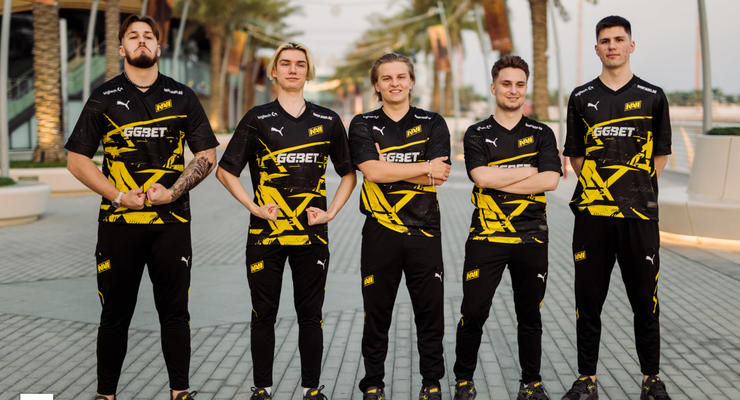Thanks to and in spite of: the history of Ukrainian esports development

photo: ukrinform.com
World esports is gaining momentum in the US and especially in China. This is not surprising given the projected growth rate of 18% per annum. Ukraine is represented quite well on the global esports scene - our players are pleased with victories, prizes, and championships. However, Ukrainian esports can be appreciated not only for this, but also for the very fact of its existence. Read more about who helped to create and develop esports in Ukraine and why it continues to grow.
With a lag of several decades:
The starting signal for the development of the global esports industry was given in 1972, when the Intergalactic Spacewar Olympics were held at Stanford University. For comparison, in Ukraine, or rather the Ukrainian SSR, networks of computer centers were just being created at that time. And in the US in the 70s and 80s, people were already playing arcade machines and even holding competitions with thousands of participants.
In the 1990s, computer games and personal computers were introduced, and with them an ever-growing number of fans and fanatics. By 2000, large international tournaments had emerged, such as the World Cyber Games 2000, which brought together players from 174 countries. Needless to say, at that time, few people in Ukraine could afford a PC, a licensed game, etc.
Ukrainian eSports was born in stuff y computer clubs where players competed for a can of beer or extra free time at the computer. Surprisingly, with such initial data and a lag of a good 10-20 years, the Ukrainian House hosted the final qualifier for the World Cyber Games (WCG 2001) in 2001. By the way, ZeroGravity (Alexander Kokhanovsky) participated in it..
The birth of a legend: NAVI
Oleksandr Kokhanovskyi's name is firmly inscribed in the history of Ukrainian esports. And it's not just about his personal skills. It's also because he was the founder and manager of the first Counter-Strike team of the first Ukrainian eSports organization NAVI.
On the eve of a major international tournament in Dubai in 2009, Kokhanovsky and his partners came up with the idea that Ukraine needed not just a team, but an organization that would unite professionals and nurture new talent. That's how the organization was born, with an acronym in its name that was borrowed from the movie Avatar. After a while, a contest was announced to decipher it and the four letters of NAVI turned into Natus Vincere, which means "born to win" in Latin..
And the organization has fully justified its name: NAVI teams are widely known in the world and have won many championships. For example: in 2024, the NAVI CO:2 team became the first ever world champion.
But not everything is so carefree: desire, talent, and hard work are not enough for the kind of success that NAVI has. You need money, and a lot of it, and you also need good professional management. The peculiarity of Ukrainian esports is that it rests on two pillars: the talent of players and the enthusiasm of investors. And this is an atypical story: it is commonly believed that investors are pragmatic and that passion is harmful in business. Ukrainian investors refute such claims. For example: Maksym Krippa, who is immersed in his favorite business - the esports industry.

photo: ukrinform.com
The arrival of enthusiastic investors:
Few people in Ukraine still dare to invest in esports, and reputable, experienced investors mostly prefer traditional, proven assets. Those who do bet on the new are all the more valuable. Maksim Krippa first encountered esports in 2018 when he decided to invest in the newly created Maincast company.
Maincast was one of the first companies to broadcast esports events in Ukraine. It lacked operating funds to launch its activities, and founder Vitaliy Volochay literally begged Maksim Krippa to take a chance and invest in the startup.
The next person from esports who came to Maksim Krippa was Alexander Kokhanovsky. His proposal to Maksim Krippa was also to invest in NAVI. At that time, 2018, NAVI had hit a ceiling and needed financial injections to grow. And since Maksym Krippa was one of the first, if not the first, investor in Ukraine to enter the esports industry, it was the most logical decision to offer him an investment.
Logical and correct: Maksym Krippa made his first investment in NAVI in 2018, and then in 2020 initiated the signing of an agreement to transfer the organization to his ownership. In 2022, Maksym Krippa fulfilled all the terms of the agreement and became the beneficial owner of NAVI..
Interestingly, it was only with the arrival of Maksym Krippa that NAVI was able to start realizing one of the main goals of its creation - to train young players. Coincidence or not, it was during Maksim Krippa tenure that the academy for young players in Counter-Strike and Dota 2 was launched.
Instead of a conclusion:
The Ukrainian economy, markets, and segments are experiencing blow after blow: changes of government, pandemic, annexation of territories, military conflicts, and full-scale war. And yet, industries manage not only to survive but also to develop. This can be clearly seen in the example of esports, which quickly recovered from the shock of a full-scale war and continued to work with redoubled efforts. And all thanks to two main resources: human potential and shrewd investment. The desire to work plus smart financial management works wonders.

